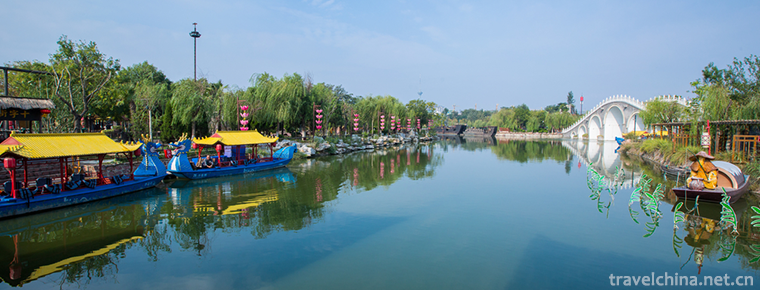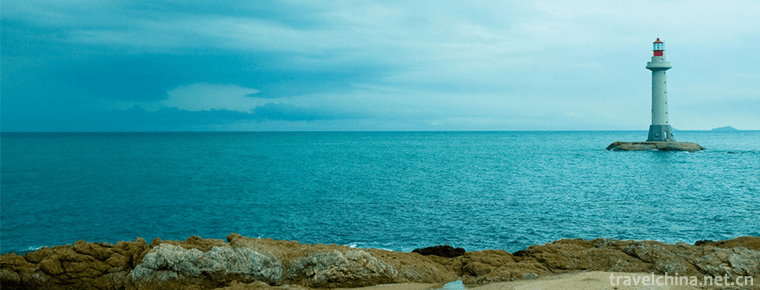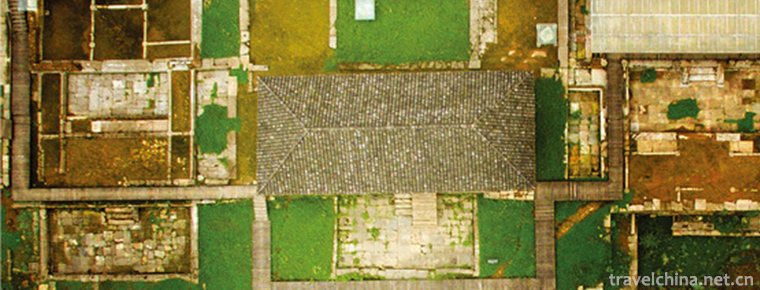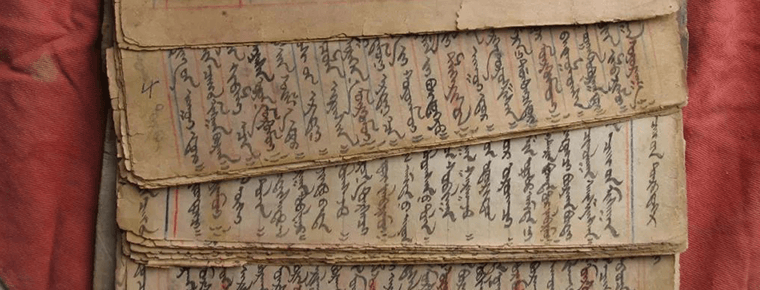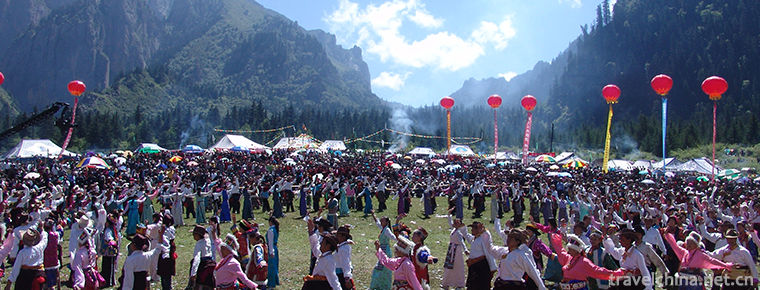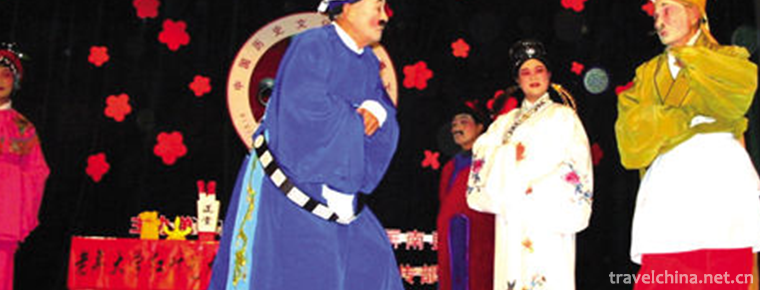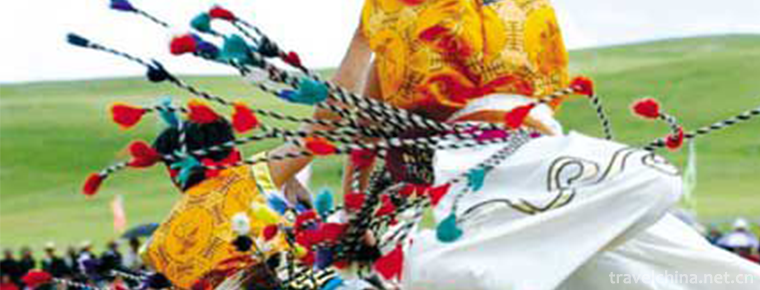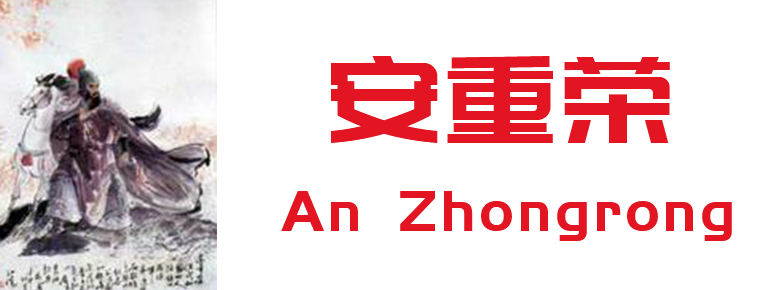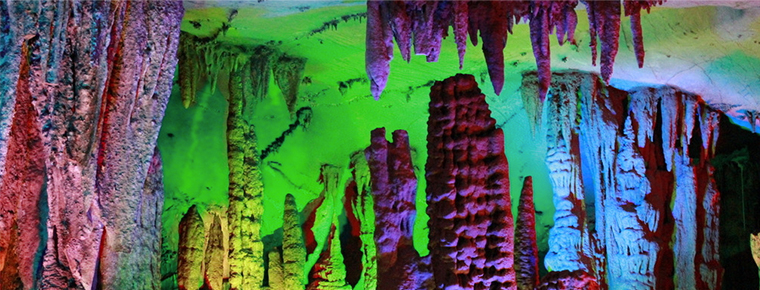Shanghai Opera
Shanghai Opera
Shanghai Opera, a local traditional drama in Shanghai, is one of the national intangible cultural heritage.
Shanghai Opera originated from Tiantou folk songs and folk slang on both sides of the Pujiang River. It was influenced by Tanci and other folk rap, and evolved into Tanhuang in the form of rap and singing. During the reign of Daoguang in the Qing Dynasty, the beach spring along the Pujiang River developed into a self-sung "pair-son play" by two people and a "simultaneous play" by three or more actors dressing up as characters and accompanied by special people. In 1898, artists flowed into Shanghai and settled in the teahouse to sit and sing, called Bentan. In 1914, the beach was renamed Shenqu. After 1927, Shenqu began to perform Civilization Drama and Current Affairs Drama. Shanghai Opera Society was founded in 1941, and Shenqu was formally renamed Shanghai Opera. Shanghai Opera is a kind of opera which mainly performs modern life. Its music is gentle, melodious and beautiful. It is easy to shape the typical characters in the typical modern environment. It has the artistic beauty of strong flavor of the times and true feelings.
In 2006, Shanghai Opera was approved by the State Council of the People's Republic of China to be included in the first batch of national intangible cultural heritage lists, the heritage number IV-54.
historical origin
Shanghai Opera is a local opera in Shanghai. During the Jiaqing period of Qing Dynasty, there were folk songs on both sides of Wusong River and Huangpu River, also known as Dongxiang Dialect. Later, Tanhuang, also known as Huagu Opera, appeared. During the Guangxu period of Tongzhi, the performers had both the upper and the lower hands, and became self-composers of "Duanzi Opera".
Tongzhi seven years (1881), was strictly prohibited by the governor of Jiangsu.
In the fifth year of Guangxu, Tanhuang artist Xu A Fang and others performed in Xinbeimen and Shiliupu of Shanghai County Township. In the twenty-fifth year of Guangxu (1899), eight people, such as Xu Afang and Zhuangyusheng, performed on the stage of Shengping Tea House in the public concession. The beach spring is different from the Sutan in Shanghai. It is called the local beach spring. It is called Bentan or Shentan for short.
In 1914, actors such as Shi Lanting, Shao Wenbin and Ding Shaolan sponsored the revitalization collection and renamed the beach Shenqu.
After 1915, Shenqu entered the amusement park.
Since 1918, Shi Lanting and other leading groups have toured in Tianjin, Beijing, Wuhan and other places to expand the impact of the application.
In 1925, Civilized Player Fan Zhiliang and other members of the Shenqu troupe were introduced into Civilized Drama repertoire and performed under the curtain system. The compilation of Divorce Complaints, which reflects Shanghai's real life, set a precedent for Shenqu's fashion show.
At the beginning of 1930, a large number of fashion plays such as Huang Huiru and Lu Genrong were performed, which were based on current news and film stories.
In November 1934, the Shanghai Shenqu Opera Research Society was founded.
After the fall of Shanghai in 1937. The performance of Shenqu boomed for a while, and the audience increased sharply. Shortly afterwards, Wenyue Society changed to Wenbin Opera Troupe, and commercial radio stations competed to invite Shanghai Opera Troupe to broadcast special programs. There were daily songs on the streets and lanes of Shanghai.
On Jan. 9, 1941, Shanghai Shanghai Opera Society was founded, and its performance advertisements indicated that "the past beach was called Shenqu, and today's Shenqu was renamed Shanghai Opera" for the first time. At the same time, according to the American film "Broken Blue Bridge" adapted into the same name of Shanghai opera, performance with fixed scripts, stage soft scenery into three-dimensional scenery, make-up into paint, lighting effect. Since then, various troupes have followed suit. The performances of the new plays include Begonia, Cause of Laughter, etc.
In the early 1940s, Xian Hui Daughter-in-law, Hate the Maritime Disaster Filling and Yan Ruisheng were filmed into Shanghai Opera films.
At the beginning of the liberation of Shanghai in May 1949, there were 13 Shanghai theatre troupes in the whole city. In August, almost all the major actors in the Shanghai opera industry participated in the performance of "White-haired Lady", holding three opera research classes and two singing competitions for the Spring Festival.
In 1952, the Shanghai Shanghai Opera Troupe won the script award by performing the newly created drama "Lohan Qian" at the first National Opera Performance Conference.
In February 1953, Shanghai People's Shanghai Opera Troupe was founded. In 1953, various theatre troupes carried out "democratic reform". The Shanghai Shanghai Opera Troupe was restructured into a state-sponsored Shanghai People's Shanghai Opera Troupe, and private Shanghai Opera Troupes were restructured into collective ownership. Create and perform modern dramas such as "Star Fire", "Mother for Slaves", "Ludang Fire Seed", "Chicken Hair Flying to Heaven", "Red Lantern" and so on. Collate a number of traditional dramas such as "Women Watching the Lamp", "Meeting in An Tang", and newly compile and adapt the Qing Dynasty historical drama "Chen Huacheng". Later, Lohan Qian and Star Fire were made into films.
In the 1960s, Shanghai had six Shanghai Opera Troupes, namely Shanghai People's Shanghai Opera Troupe, Yihua Opera Troupe, Aihua Opera Troupe, Yangtze River Opera Troupe, Effort Opera Troupe and Qinyi Opera Troupe.
In the "Cultural Revolution", such dramas as Ludang Fire Seed and Own Later Generations were adapted into model operas of Peking Opera. The performance of Shanghai Opera stopped and the troupe disbanded.
After the "Cultural Revolution", a new Shanghai Shanghai Opera Troupe was established to rebuild the Shanghai Opera Troupe in Baoshan, Changning, Xuhui, Shanghai, Chongming and Xinyihua districts and counties, and to create and perform "Golden Embroidery Niang".
From 1981 to 1995, he created and performed new plays such as The Experience of a Star.
From 1982 to 1991, they went to the countryside for 10 consecutive years before the Spring Festival to perform a joint performance of "returning to their mother's home".
In November 1987, a group of well-known actors over the age of Huajia jointly performed "Lu Yachen Seller of Ladies", when it was said that "a thousand-year-old man plays a hundred-year-old drama".
From 1987 to 1995, 14 special performances of young and middle-aged actors and singers were held.
In October 1990, Shanghai Shanghai Theatre premiered its monthly performance of "Six Generations in One Hall" and some excellent plays.
In February 1991, the 10th Shanghai Opera Circle "returned to their mother's home" to perform in Qingpu County. In September, Shanghai Shanghai Theatre absorbed 38 graduates from Shanghai Opera School to form a youth performance team.
In 1994, the Changning Shanghai Opera Troupe performed 300 performances in its newly edited "Deep Feelings and Shallow Feelings".
Inheritance and protection
Inheritance value
Compared with many dramas, the themes of some famous operas in the initial stage of Shanghai Opera can be maintained up to now, such as "Selling Red Ling" which reflects the love life in the countryside of Jiangnan, and "Selling Red Ling" which comes from the folk performing art "Pair Zi Opera"; Abida, which shows the hard life of the peasants in the bottom society or the love story "Borrowing Yellow Chaff", "Meeting in an Antang" and "Lu Yachen", which exhorts kindness. It also reflects the folk customs of Shanghai, such as Little Separation (Medicine, Tea and Bird Culture), Watching the Lantern for Women, Watching the Dragon Boat (Festival and Custom Culture at the Age), Embroidered Lotus Bag (Silk Embroidery Culture), as well as the famous traditional operas White Rabbit and Meng Lijun.
Shanghai Opera is a typical representative of Shanghai's regional culture. It reflects the features of modern and contemporary Chinese metropolises from different aspects and shows strong vitality and vitality in the process of growth.
Inheritance status
In recent years, with the acceleration of the modernization process, Shanghai Opera art is facing more and more serious survival crisis. The performance market is shrinking day by day, the audience is decreasing, the income of Shanghai Opera practitioners is on the low side, there are brain drain and faults. There are only three of the original dozens of Shanghai Opera performing groups in Jiangnan area. It is imperative to take effective measures to rescue and protect Shanghai Opera art.
Inheriting characters
Yang Feifei, female, Han nationality, born in 1923, died in 2012, from Cixi, Zhejiang Province. In February 2008, he was selected as the representative successor of the second batch of state-level intangible cultural heritage projects of Shanghai Opera and the first-class actors.
Marily, female, Han nationality, born in Changzhou, Jiangsu Province in 1949. In February 2008, he was selected as the representative successor of the second batch of state-level intangible cultural heritage projects of Shanghai Opera and the first-class actors.
Wang Pansheng, male, Han nationality, born in 1923 in Suzhou, Jiangsu Province. In February 2008, he was selected as the representative successor of the second batch of state-level intangible cultural heritage projects of Shanghai Opera and the first-class actors.
Chen Yu, female, Han nationality, born in Jiaxing, Zhejiang Province in 1947. In February 2008, he was selected as the representative successor of the second batch of state-level intangible cultural heritage projects of Shanghai Opera and the first-class actors.
Mao Shanyu, female, Han nationality, born in 1962 in Shanghai. In May 2009, he was selected as the representative successor of the third batch of state-level intangible cultural heritage projects of Shanghai Opera and the first-level actors.
protective measures
In 2015, Shanghai launched a comprehensive reform of "one regiment and one policy" for the municipal literary and art academies, and gradually released the artistic productivity and development vitality of the academies through promulgating a characteristic and realistic policy.
social influence
Honorary commendation
In 2012, the original Shanghai Opera "Women Picking Mountains" attracted a heated response from experts, scholars and audiences. It won 18 national awards, including the 13th "Five-One Project" Award for the Construction of Spiritual Civilization of the Ministry of Publicity and Propaganda, and became the most awarded drama in the history of Shanghai Opera on the National Theatre stage.
social activities
From November 15 to 21, 2018, under the guidance of the Chinese Culture Promotion Association and the Shanghai Municipal Administration of Culture, Radio, Film and Television, Shanghai Municipal Heritage Protection Center, Jiangsu Municipal Heritage Protection Center, Zhejiang Municipal Heritage Protection Center, Anhui Municipal Heritage Protection Center, Shanghai World, Shanghai Cultural and Creative Industry Resources Alliance, Shanghai Baoshan Municipal Heritage Protection Center and South Jiangsu Province, respectively. Tongshi Non-Heritage Conservation Center, Ningbo City Non-Heritage Conservation Center of Zhejiang Province and Xuancheng City Non-Heritage Conservation Center of Anhui Province co-sponsored the "2018 World Yangtze River Delta Non-material Cultural Heritage Festival and China Charm List of Big World City Stage" (Yangtze River Delta Non-Heritage Exhibition Project List) promulgation event held in Shanghai, during which Shanghai opera performed specially.

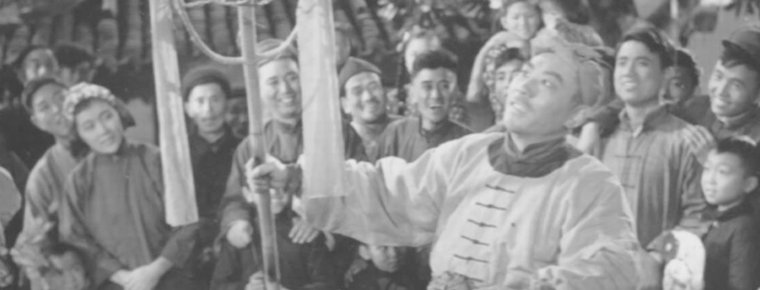
-
qingming riverside landscape garden
Qingming Shanghe Garden is a large Song Dynasty cultural theme park constructed by the people's government of Kaifeng City in Henan Province.
Views: 263 Time 2018-12-09 -
Size Dongtian Scenic Spot
The Size Dongtian Scenic Area (formerly known as the Haishan Scenic Spot and Aoshan Scenic Spot) is located in the southern corner of Hainan Province, 40 kilometers west of Sanya City.
Views: 387 Time 2019-01-07 -
Hailongtun Site
Hailongtun is located on the top of Longyan Mountain, about 28 kilometers northwest of Zunyi City, Guizhou Province. It is also called Hailongdun, Longyantun and Longyantun..
Views: 165 Time 2019-01-13 -
Chagan Sulide Festival
Sulide, in Mongolian, has the meaning of auspiciousness, loftiness, harmony, unity and harmony. The sacrifice of Chagan Sulide is the natural worship of the universe of heaven and earth gradually form.
Views: 100 Time 2019-04-15 -
Dagudarengrab
Dagudalenglei Biao is the only Creation Epic discovered, sorted out and published by the De'ang people up to now. It is more than 1200 lines long. The epic is different from.
Views: 392 Time 2019-04-22 -
Pot dance
Guozhuang dance, also known as "Guozhuo", "Gezhuang", "Zhuo" and so on, is one of the three major Tibetan folk dances. Guozhuang Dance is distributed in Changdu and Naqu .
Views: 132 Time 2019-05-02 -
Ping Tan drama
Pingjiao Opera is a kind of high-pitched opera that sings opera and prose in local dialect. It is a unique local opera in Fujian Province. It was formed in the early Qing Dynasty, originated in Pingna.
Views: 123 Time 2019-06-09 -
Reba Dance
Reba dance is a form of dance performed by Tibetan "Reba" artists. Reba is a group of street artists who make a living selling arts (usually composed of family as the basic unit) performing,.
Views: 175 Time 2019-06-11 -
An Zhongrong
An Zhongrong (- 942 years), Zi tie Hu, Shuozhou (now Shuozhou, Shanxi). The generals of the Five Dynasties and Ten Kingdoms during the late Tang Dynasty and the Late Jin Dynasty..
Views: 263 Time 2019-09-11 -
Longtan Karst Cave Scenic Spot
Longtan Karst Cave Scenic Area is located at the foot of longcuban mountain, Miyi Baima Town, Panzhihua City, Sichuan Province, with an altitude of 1500 meters. It is a provincial-level scenic spot and a national AA level tourist area..
Views: 118 Time 2020-10-15 -
Geographical environment of Leshan
Leshan City is located in the central part of Sichuan Province and the southwest of Sichuan Basin. Its geographical coordinates are 102 ° 50 ′ - 104 ° 30 ′ E and 28 ° 25 ′ - 30 ° 20 ′ n. It is 214.4 km long from north to South and 164.0 km wide from east to.
Views: 187 Time 2020-12-17 -
Yibin medical and health
By the end of 2019, there are 5120 medical and health institutions in Yibin City, including 135 hospitals (102 private hospitals); 4945 primary medical and health institutions, including 177 township health centers, 46 community health service centers (stations),.
Views: 334 Time 2020-12-18
